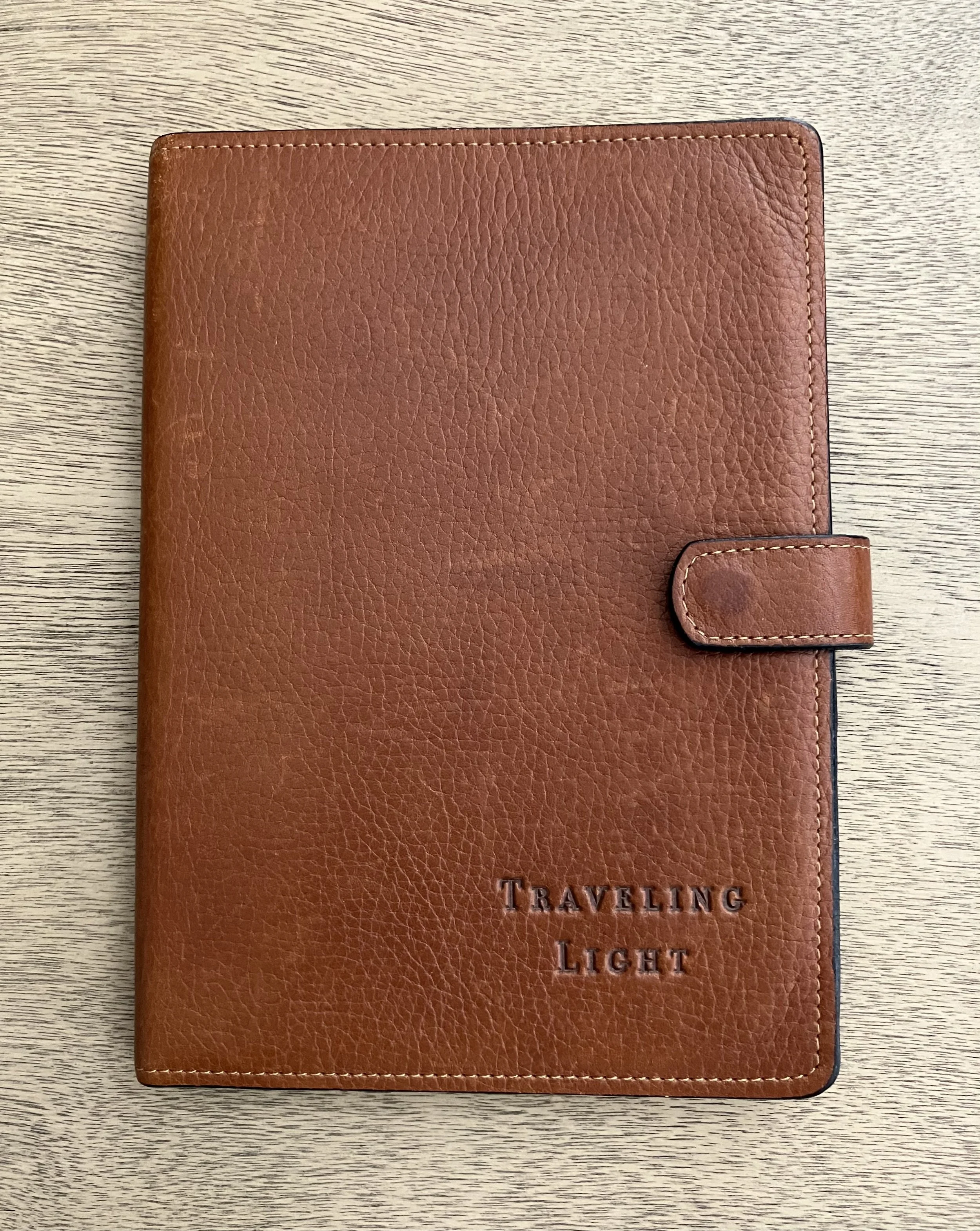Linda and I have strived to live simply our entire marriage, not just since we sold our house a dozen years ago. And with no kids, pets, or even plants to attend to, we are about as foot-loose-and-fancy-free as a couple could get. So, as Linda has a work sabbatical next year we are planning how to spend that six week break from the ordinary, including whether or not to try RV’ing for a spell.
We enjoyed the six months or so we spent during our “radical sabbatical” on Nantucket after first selling our house but this will be our first extended period of travel together since and we are contemplating how light to travel. As we had to buy furniture to move into our place here in Lexington there is that to consider. Renewing our lease here again next year is an option we are leaning toward one way or the other.
During the gap year [and a half] that I took between my junior and senior years of college I moved from Virginia to Massachusetts back to Virginia to Florida and back to Virginia again to finish my degree. And the only furniture I bought during my year in Florida was a thirty dollar couch that doubled as my bed. Somehow I managed to fit everything else I needed, including my bicycle, into my hand-me-down Cadillac with miles well into the six figures.
Regular readers will recall I wrote about my daily carry here and as the above photo attests, my journal even sports the theme of “traveling light.” As most of us do, each time I leave home I ask myself if I have non-negotiables such as my keys, wallet, phone, and glasses. And I love a verse from The Message: “Travel light. Comb and toothbrush and no extra luggage.”
No post on this topic would be complete without a reference to our friend Henry David Thoreau, who stated: “It is desirable that a man…live in all respects so compactly and preparedly that, if an enemy take the town, he can, like the old philosopher, walk out the gate empty-handed without anxiety.” We may not be quite there yet, but Linda and I do pack a couple of emergency bags for quick exit if necessary.
And speaking of Thoreau, Henry S. Salt wrote of Thoreau’s travels in Life of Henry David Thoreau: “His pack was quickly made up, for he kept a list of the few necessaries that he carried, among which were sewing materials, a book for pressing plants, spy-glass, compass, and measuring-tape…Thus simply equipped, he was practically independent of time-tables and hotel-lists [and] could roam wherever the fancy took him.”







